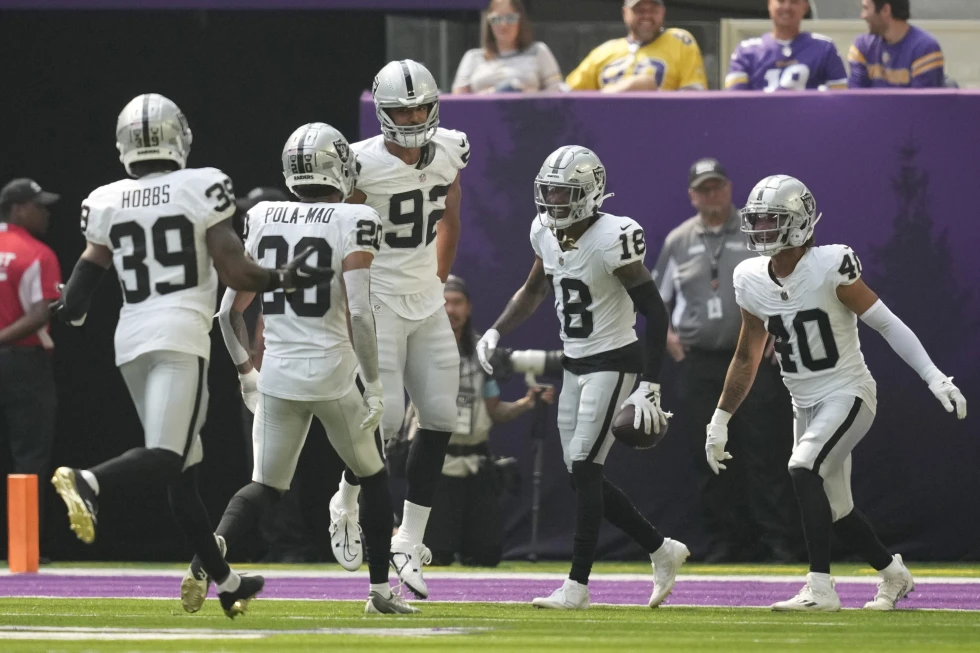Najee Harris caught himself mid-sentence and reflected on something that has become clear during his three-plus years as a running back in the NFL.
When asked if he felt more “nimble” while running for 106 yards and a touchdown in a 32-13 win against the Las Vegas Raiders, Harris did what he always does: he spoke honestly. “I’m too honest,” Harris said.
He understood the story being created after a player known for powering through rather than sprinting broke off some long runs, including a 36-yard dash to the end zone where he stretched the ball toward the pylon in the final 15 feet.
However, Harris wanted no part of that narrative. Instead of agreeing with the question, the 26-year-old seemed a bit annoyed but chose to keep his response “PG-rated,” as he put it.
Harris is aware that his career average of 3.9 yards per carry isn’t impressive. He knows that even though coach Mike Tomlin has called him a “bell cow,” the Steelers chose not to pick up his fifth-year option. He also recognizes that backup Jaylen Warren has often seemed more explosive over the past two years.
This is one reason Harris has changed—at least publicly—from a thoughtful rookie to a more detached veteran.

Yet beneath that tough exterior is a fierce competitor. He was drawn to Alabama partly because of Nick Saban’s focus on team success over individual achievement. While some might call him moody, that label doesn’t really fit.
When the Steelers win, Harris is in a good mood. When they lose, he isn’t. It’s that simple. So even though he understood what reporters were implying after his best game of the season, Harris was not having it.
“I don’t put (any) type of restraints on what I can do,” Harris said. “I know what I can do. I don’t really care what people say or think … I know I can really make it when I believe in myself.”
That’s why he wasn’t shocked when he made Raiders cornerback Jack Jones fall while gaining 26 yards in the third quarter, or when he dragged multiple Vegas defenders for a first down in the first half.
Harris knows there are tough aspects of his job, and he embraces them. He believes that if his teammates also accept these challenges, Pittsburgh’s offense can become the powerful force that Tomlin and first-year offensive coordinator Arthur Smith want.
“There’s a dirty part of every job,” Harris said.
The truth is that he has spent his career behind offensive lines that often struggle to create space. While he sometimes has difficulty finding openings in traffic, he doesn’t lack determination. He hopes his effort can motivate his teammates.
And it usually does. This is important, especially since Pittsburgh’s passing game hasn’t found a consistent rhythm and Warren is dealing with a knee injury. The Steelers will need a lot of “so ugly it’s beautiful” plays from Harris to ensure their promising 4-2 start doesn’t fade away.
